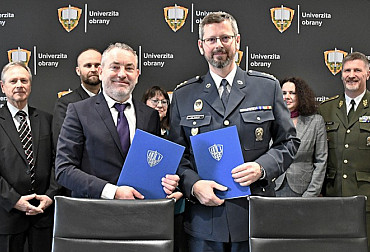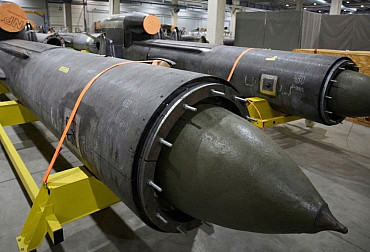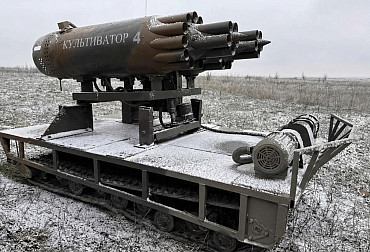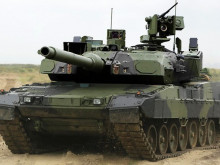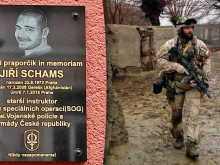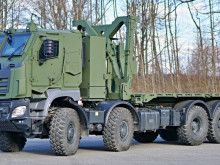Czech Defence and Security Industry in the Post-Coronavirus Age
In recent weeks, the government of the Czech Republic has relaxed a number of restrictions, which have been introduced since mid-March as a means to fight the COVID-19 pandemic. I will leave to experts the predictions of whether this means we have gained complete control of the pandemic and may slowly return to the old ways. What matters, however, is what the global crisis has caused and how it will affect (not only) the defence and security industries in the future.

Picture: The Defence and Security Industry Association of the Czech Republic (DSIA) president Jiří Hynek | DSIA
On June 2, the 24th General Meeting of the Defence and Security Industry Association of the Czech Republic took place. Due to the government restrictions still in force at the time, it was not possible to ensure its attendance in person, as the General Meeting consists of delegates of all members of the Association, of which there are more than a hundred, and so it took place per rollam. After the General Meeting, the DSIA has already 122 members. The state of emergency has also shown which direction (not only) the Czech defence and security industry will take. A number of DSIA member companies took part in managing the pandemic, gaining valuable experience that can open the door to European and global markets.
The priorities of the DSIA for the next period are therefore clear – strengthening the cooperation in science, research and innovation. DSIA members include among others universities and research institutes. E.g. During the coronavirus crisis, CTU developed a new respirator, which received European certification and has already been employed in NATO or the United States Navy.
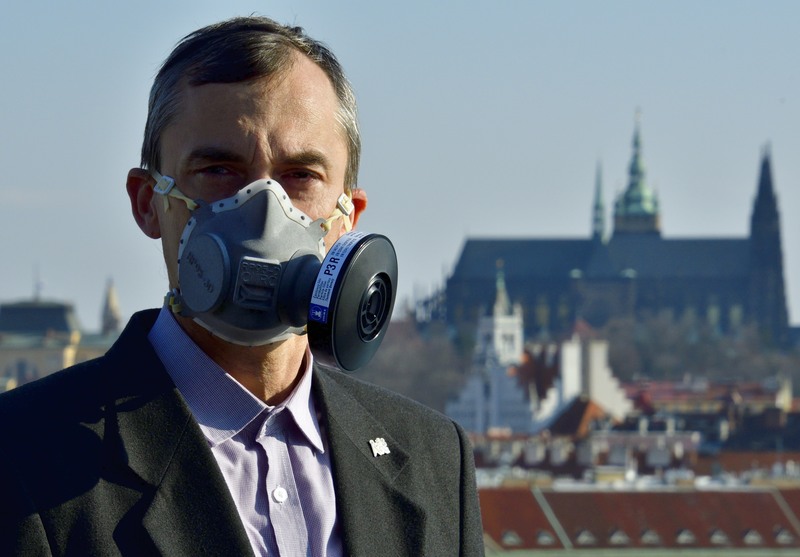
Picture: The CIIRC RP95-3D is a personal protective equipment – half-mask – with a P3 replaceable external filter which has been certified according to EN 140:1999 norm. It meets the same or higher degree of protection as a FFP3 class respirator. | CTU, ciirc.cvut.cz
It is not a concern of only the Czech Republic to strengthen the cooperation with the fields of science, research and innovation, it is also an international objective – six DSIA member companies are already involved in NATO studies. Other options are offered by the European Defence Fund (EDF) with its European Defence Industrial Development Programme (EDIDP) and Preparatory Action for Defence Research (PADR). At the beginning of June, the first call for proposal under EDIDP was evaluated. The member software company TOVEK, spol. s r.o. specializing in software tools for processing and analysing large data celebrated success. Together with companies from France, Italy, Sweden, Spain and other EU countries, it will develop a new defence analysis tool worth a total of € 8.5 million. A number of other Czech companies are ready for the second round of calls published in March this year, in which they want to apply for defence projects, for which the EU has allocated € 250 million this year.
The DSIA membership base can also make use of the subsidy programme for the education of its employees in the amount of CZK 15 million free of charge, created by the Ministry of Labour and Social Affairs of the Czech Republic. This mostly concerns soft management skills and language, IT, accounting, economic and legal courses. They can be attended by all employees of the DSIA member companies who have an employment relationship at least on the basis of an employment agreement.
The current crisis has clearly shown that new technologies and the ability to use and engage them in production will play a key role in the future development of the defence and security industries. This is also related to what I have been pointing out for many years – there is a need to systematically address the long-term and growing shortage of skilled workers in the defence and security industry, especially those with university degree related to technology. The Czech Republic has an excellent reputation and tradition in Europe and in the world when it comes to science and research. It would be a great pity to miss the boat in this field and to fall behind other states, when we actually have the potential to be the "innovation leaders". This is the reason why DSIA strengthens the cooperation with Czech universities and research or development institutes and centres in order to deepen the cooperation between the defence and security industries and the academic and research spheres. However, what is important is to be able to keep those smart and innovative people here, so that there is no kind of brain drain. This applies not only to doctors, as is most often addressed in the press, but to all capable and qualified people and professions.
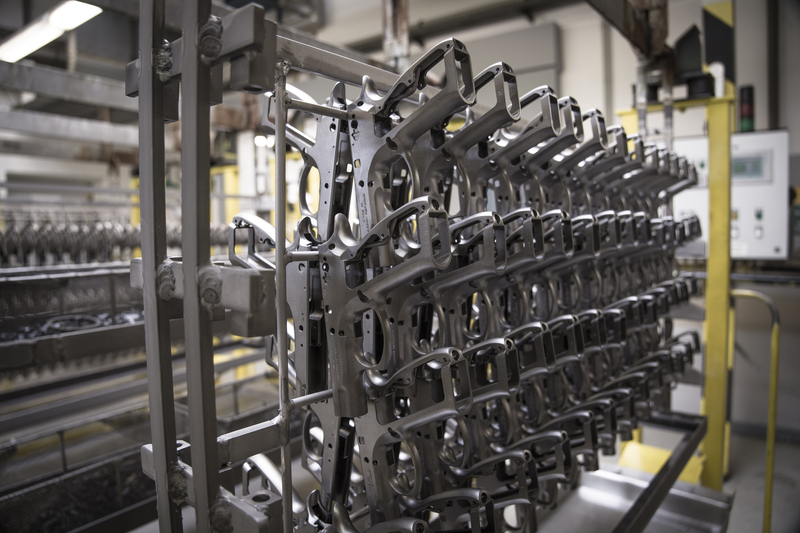
Picture: The Czech Republic should not be only a cheap assembly plant, on the contrary, the government should primarily spend resources on modernization and innovation of industrial and other sectors and invest in science and research so that we are not only competitive in the future, but ideally the ones setting the pace. | CZUB archive
The Czech Republic should be at the forefront of European technological progress. And that is to a large extent a task for the government. The Czech Republic should not be only a cheap assembly plant, on the contrary, the government should primarily spend resources on modernization and innovation of industrial and other sectors and invest in science and research so that we are not only competitive in the future, but ideally the ones setting the pace. As the Defence and Security Industry Association, we are doing everything to make the Czech Republic a strong, self-sufficient and competitive country that can fully develop its innovation potential. And we will also continue to do so in the oncoming years.











